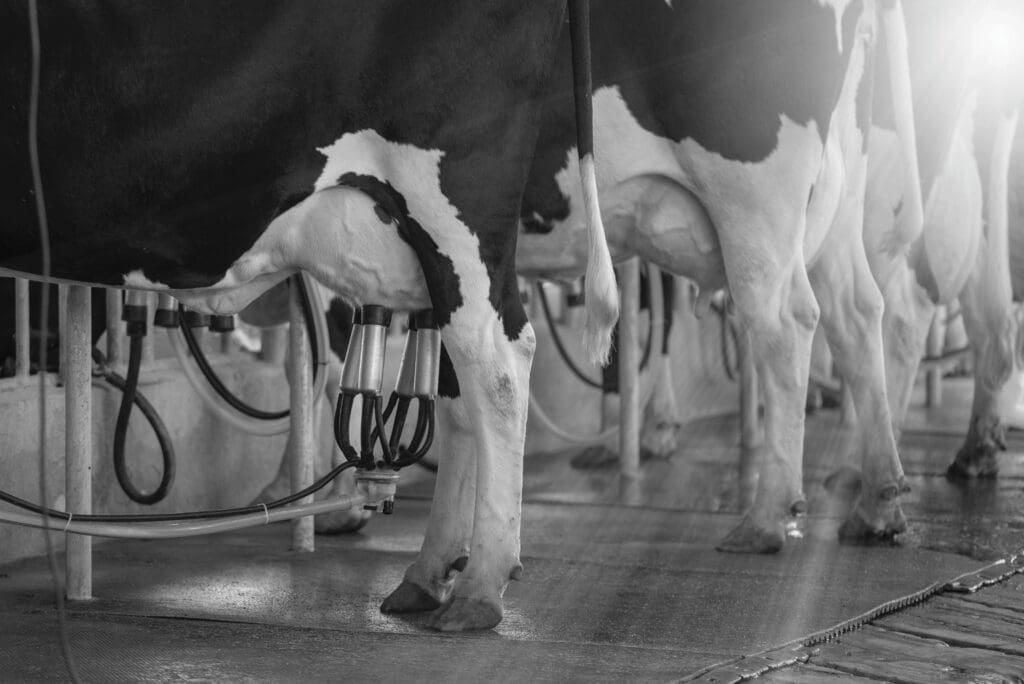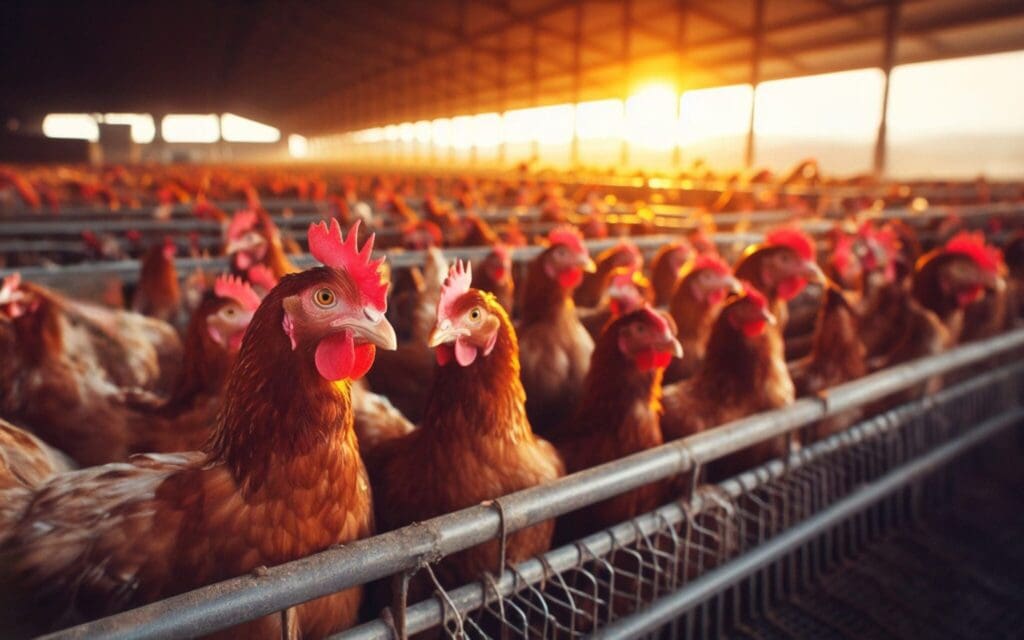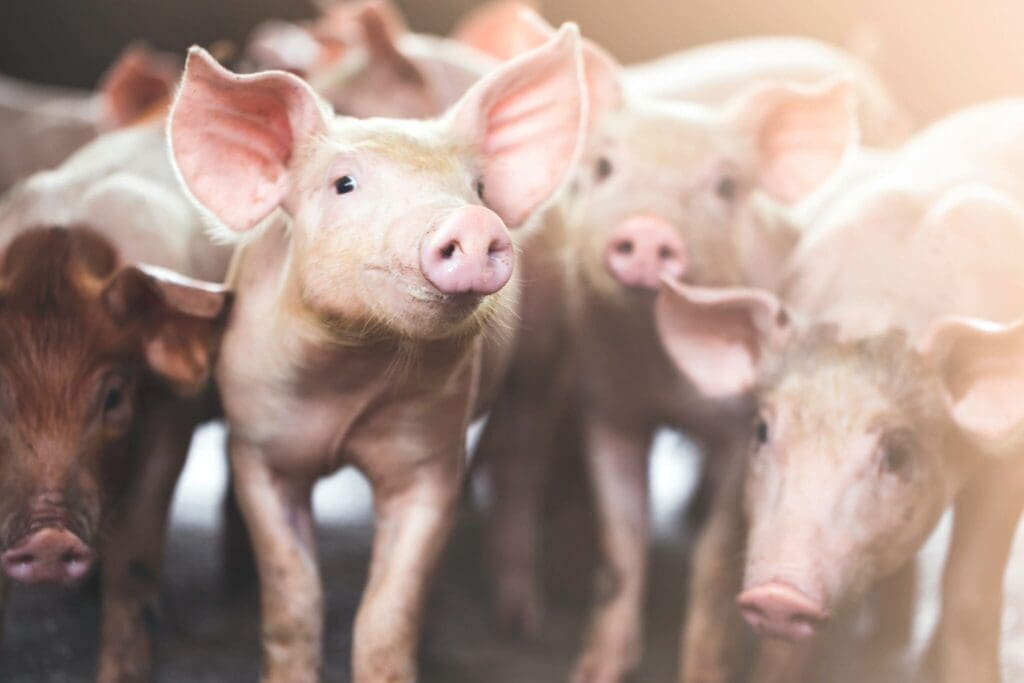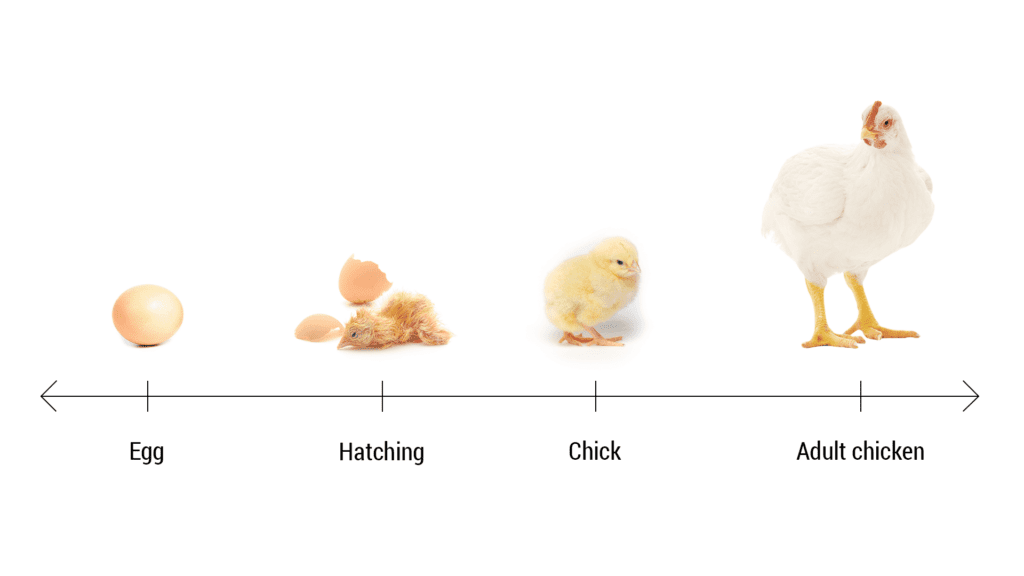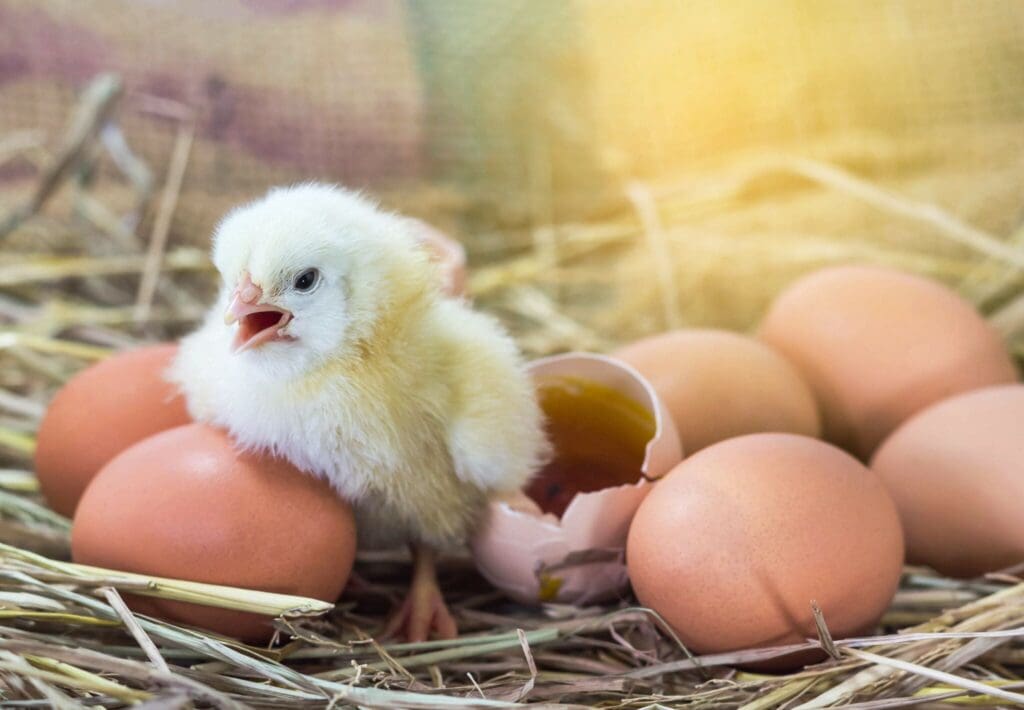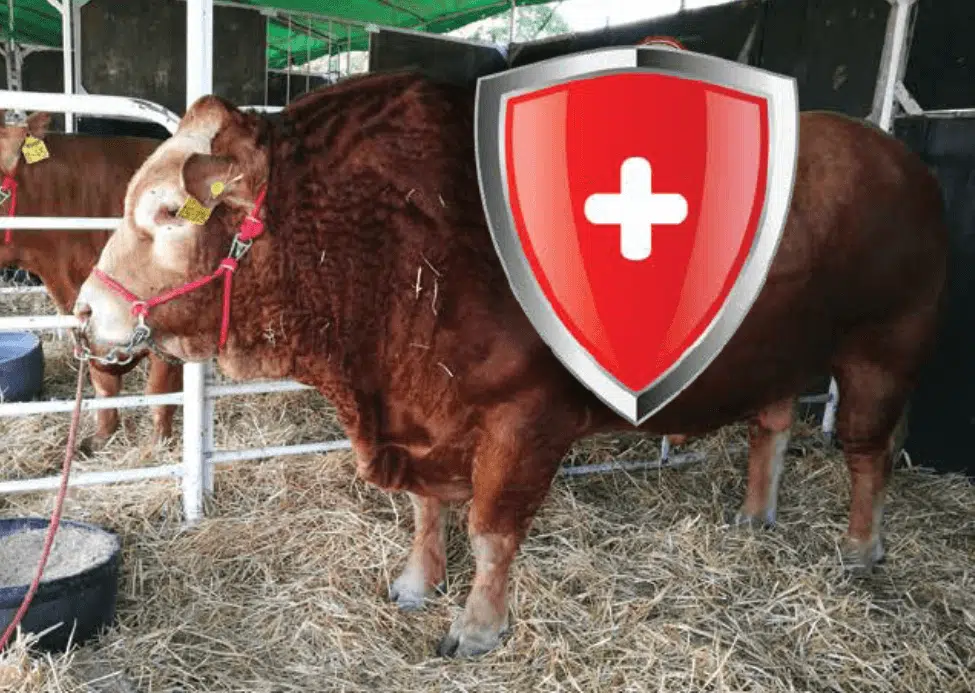One of the most important resources for a beef farmer is the animal’s immune system. An animal cannot be efficient or productive if its immune system is ineffective, but with a strong immune system, a herd can weather most proverbial storms. That’s why optimising immunity for lifetime performance is so important.
Interactions between the immune system and normal organ function are closely linked. When an infection or immune challenge arises, the animal’s body adjusts to ensure the immune system has what it needs. The same systems work together for development, growth, production, fertility, and health throughout the animal’s life. The immune system must react and work fast when necessary, so that the productive function of the animal is not impaired. Death is not the only economic cost associated with health issues. When animals are faced with an immune challenge (disease or stress), it can lead to increased metabolic activity, reduced nutrient availability, altered priorities for nutrient utilisation, increased turnover rates in the immune system, damage to tissue, and a so-called genetic loss to offspring. Easing the impact of a disease challenge or stressful environment will help more cattle reach their genetic potential. The success and profitability of a beef cattle operation will be highly dependent on the efficiency of the immune system.
Managing and improving the immune system
Management of the animal’s immune system is not a simple process. Cattle in extensive and intensive farming environments are frequently exposed to health challenges caused by bacteria, viruses, parasites, and toxins coming from the air, feed or veld, water, other cattle, and wildlife. Stress has an effect on cattle health, and managing cattle through times of stress will reduce the effects on the immune system. There are a number of management factors that can be considered.
Preventative nutrition
Cattle should be maintained in an adequate nutritional status, so that their immune system can function properly when needed. The immune system and other body functions require a significant amount of nutrients to function optimally. When animals are faced with an immune challenge, the nutrients consumed that were supposed to support other productive functions (i.e. growth, reproduction, and lactation), are shifted to support the immune response. Energy serves as fuel for the synthesis and function of immune cells and protein regulates and serves as structural component for cells and antibodies. Without a sufficient intake of energy and protein, the immune system and any immune response will become impaired. Minerals are also important to all body functions and are required for the proper function of the immune components. Zinc, copper, manganese, selenium, and chromium are specifically important and should always be supplied to cattle to meet their daily needs. Vitamins A, B6, B12, and E are essential for proper immune function, and their roles typically overlap with those of minerals. Maintaining cattle in good health and optimising immunity for lifetime performance will improve nutrient utilisation and total productivity.
Reducing stress
Stressful situations have negative effects on the immune system. Common stressors include calving, handling, weaning, feed and water restrictions, transportation, insects, as well as mud and heat stress. Prolonged stress can suppress the immune response and increase cattle’s susceptibility to diseases. Conversely, short-term stress (i.e. handling and transportation), can activate the immune response, specifically the innate immune system, and alter the priority of the nutrient utilisation. A reduction in cattle’s exposure to stress will benefit the animal’s health and productivity.
Effective vaccination
Vaccination is an effective tool available to prepare an animal’s immune system to respond to disease challenges. Preparing the immune response before exposure to a disease will result in cattle being better able to launch an adequate immune response when challenged. A well-planned vaccination schedule is essential for good herd health and farmers should work closely with a local veterinarian to prepare a vaccination programme ahead of time. All vaccines must be handled carefully and always kept cool, avoiding exposure to heat and sunlight. It is important to use the vaccine within one hour after reconstitution. The needles and syringes must only be cleaned with boiling water and the timing and techniques of the vaccination must be correct to ensure the vaccine’s effectiveness. Cattle should be in adequate health, proper nutritional status, and under no or low stress to maximise the effectiveness of the vaccine.
Other considerations
Because a calf’s immune system is not fully developed when it is born, colostrum intake is critical, as it contains antibodies that are necessary to provide the calf with protection from disease. Good biosecurity management practices must be implemented. Recently purchased cattle should be evaluated and, if possible, quarantined to prevent foreign pathogens from entering the farm. Interactions between cattle, wildlife, and other livestock species should be monitored to prevent spreading of interspecies diseases. Feed and lick supplementations should be inspected for mould, excessive moisture, and the presence of toxins. Farmers should ensure that working facilities, pens, feed bunks, and water troughs are properly clean to prevent accumulation and growth of pathogens.
Immunity idol
Beef farmers should always be looking for management improvements that optimise immunity for lifetime performance, such as proper nutrition, low-stress management, and an effective vaccination programme. The goal of an optimised immune system is to make the animal’s body strong enough to fight its own battles. It is far more important, cost-effective, and profitable to promote health by maintaining a healthy immune system than it is to treat a disease. Protecting the animal’s body equals protecting your profits.
